DUNDEE, UK: Though sometimes denigrated as a sign of vanity, self-portrait photographs—selfies, for short—are not without their advantages. One such advantage, according to a researcher at the University of Dundee, is that they often provide several new dental identifiers that could be used to help police in cases involving missing persons.
The concept forms part of the Dental Identification Record Checklist, which was developed by Dr Claire Sallis, a researcher at the university’s School of Dentistry, and her supervisor Dr Scheila Mânica. The checklist is designed to expedite forensic identification by allowing police and forensic dentists to access a greater range of ante-mortem data, including selfies that show the missing person’s teeth, as well as bleaching trays and tooth moulds.
The checklist was developed in consultation with the UK Missing Persons Unit and the British Association for Forensic Odontology and has already been translated into 14 languages, including Mandarin, German and Italian. The ultimate aim, according to Sallis, is to shorten the length of time police require for gathering important evidence, thereby reducing the emotional strain the families of missing persons are subject to.
“You may not think about it, but your teeth are incredibly individual to you,” said Sallis. “When a dentist places a filling, they will never make the same filling ever again in their lifetime. That’s how unique they are, and that’s why they are great for identifying missing people.”
“Fingerprints, DNA and comparative dental analysis are the three primary identifiers recognised by Interpol. In the UK, we don’t have a national database of fingerprints unless you are a criminal; therefore, it is more likely that an individual has attended their dentist at some point than have had their prints taken. In certain situations, DNA can also be rendered unusable. For this reason, dental identifiers can be relied upon more frequently,” Sallis added.
Popular television shows such as CSI have shone a spotlight on forensic investigation. However, their tendency to stretch the truth has led to misinterpretations of how dental records can be used to help identify people, according to Sallis.
“We don’t tend to talk about how forensic odontology is used in books or films, but teeth are composed of one of the hardest tissues in your body—enamel—and therefore can last a very long time and withstand a variety of assaults. In cases where bodies of the deceased have begun post-mortem changes, the police have been able to rely upon dental identification due to the natural resilience of teeth,” she commented.
“So, even if you think your teeth are fine, getting a check-up to update your dental records could help should the worst ever happen,” Sallis said.
The Dental Identification Record Checklist is available for download here.
Tags:
PARIS, France: Maintaining high ethical standards within the medical profession is key to providing the best care possible. The doctor–patient ...
Periodontitis and peri-implantitis are both inflammatory conditions that affect gingival tissue. However, owing to the anatomical differences between teeth ...
LONDON, UK: According to researchers at the University of Southampton in the UK, dental neglect is a marker of child neglect. In a new study, the ...
SÃO PAULO, Brazil: In a discovery that may help the early identification of oral squamous cell carcinoma (OSCC), researchers in Brazil have found a ...
COLOGNE, Germany: As the 2025 International Dental Show (IDS) approaches, Dental Tribune International (DTI) has released the much-anticipated today Show ...
LEEDS, England: While antibiotics remain essential for treating infectious diseases, their global efficacy is declining owing to the rise of antimicrobial ...
BELFAST, UK: According to a new study by researchers at Queen’s University Belfast, aspirin could reverse the effects of dental caries. According to the ...
STATE COLLEGE, Pa., U.S.: For a long time, people have known that individual differences in taste and smell can have an influence on liking or disliking a ...
BASEL, Switzerland: The Straumann Group has posted strong financial results for the first half of 2019, with organic revenue up around 16%. Founding new ...
FAYETTEVILLE, Ark., U.S.: Food leaves permanent traces on teeth. Examining these marks—or microwear—a team of researchers has documented the effects of ...
Live webinar
Tue. 24 February 2026
1:00 pm EST (New York)
Prof. Dr. Markus B. Hürzeler
Live webinar
Tue. 24 February 2026
3:00 pm EST (New York)
Prof. Dr. Marcel A. Wainwright DDS, PhD
Live webinar
Wed. 25 February 2026
11:00 am EST (New York)
Prof. Dr. Daniel Edelhoff
Live webinar
Wed. 25 February 2026
1:00 pm EST (New York)
Live webinar
Wed. 25 February 2026
8:00 pm EST (New York)
Live webinar
Tue. 3 March 2026
11:00 am EST (New York)
Dr. Omar Lugo Cirujano Maxilofacial
Live webinar
Tue. 3 March 2026
8:00 pm EST (New York)
Dr. Vasiliki Maseli DDS, MS, EdM



 Austria / Österreich
Austria / Österreich
 Bosnia and Herzegovina / Босна и Херцеговина
Bosnia and Herzegovina / Босна и Херцеговина
 Bulgaria / България
Bulgaria / България
 Croatia / Hrvatska
Croatia / Hrvatska
 Czech Republic & Slovakia / Česká republika & Slovensko
Czech Republic & Slovakia / Česká republika & Slovensko
 France / France
France / France
 Germany / Deutschland
Germany / Deutschland
 Greece / ΕΛΛΑΔΑ
Greece / ΕΛΛΑΔΑ
 Hungary / Hungary
Hungary / Hungary
 Italy / Italia
Italy / Italia
 Netherlands / Nederland
Netherlands / Nederland
 Nordic / Nordic
Nordic / Nordic
 Poland / Polska
Poland / Polska
 Portugal / Portugal
Portugal / Portugal
 Romania & Moldova / România & Moldova
Romania & Moldova / România & Moldova
 Slovenia / Slovenija
Slovenia / Slovenija
 Serbia & Montenegro / Србија и Црна Гора
Serbia & Montenegro / Србија и Црна Гора
 Spain / España
Spain / España
 Switzerland / Schweiz
Switzerland / Schweiz
 Turkey / Türkiye
Turkey / Türkiye
 UK & Ireland / UK & Ireland
UK & Ireland / UK & Ireland
 Brazil / Brasil
Brazil / Brasil
 Canada / Canada
Canada / Canada
 Latin America / Latinoamérica
Latin America / Latinoamérica
 USA / USA
USA / USA
 China / 中国
China / 中国
 India / भारत गणराज्य
India / भारत गणराज्य
 Pakistan / Pākistān
Pakistan / Pākistān
 Vietnam / Việt Nam
Vietnam / Việt Nam
 ASEAN / ASEAN
ASEAN / ASEAN
 Israel / מְדִינַת יִשְׂרָאֵל
Israel / מְדִינַת יִשְׂרָאֵל
 Algeria, Morocco & Tunisia / الجزائر والمغرب وتونس
Algeria, Morocco & Tunisia / الجزائر والمغرب وتونس
 Middle East / Middle East
Middle East / Middle East


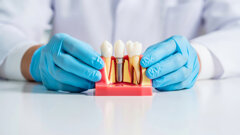


















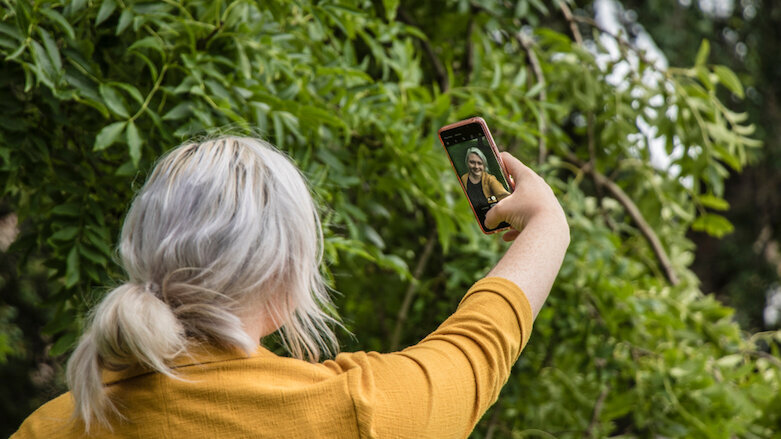



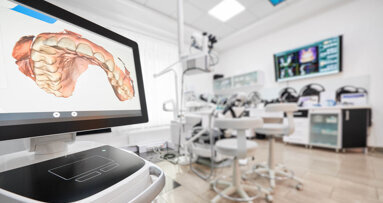
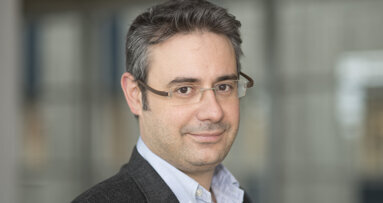

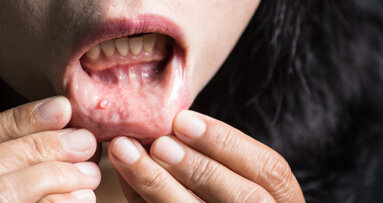















To post a reply please login or register